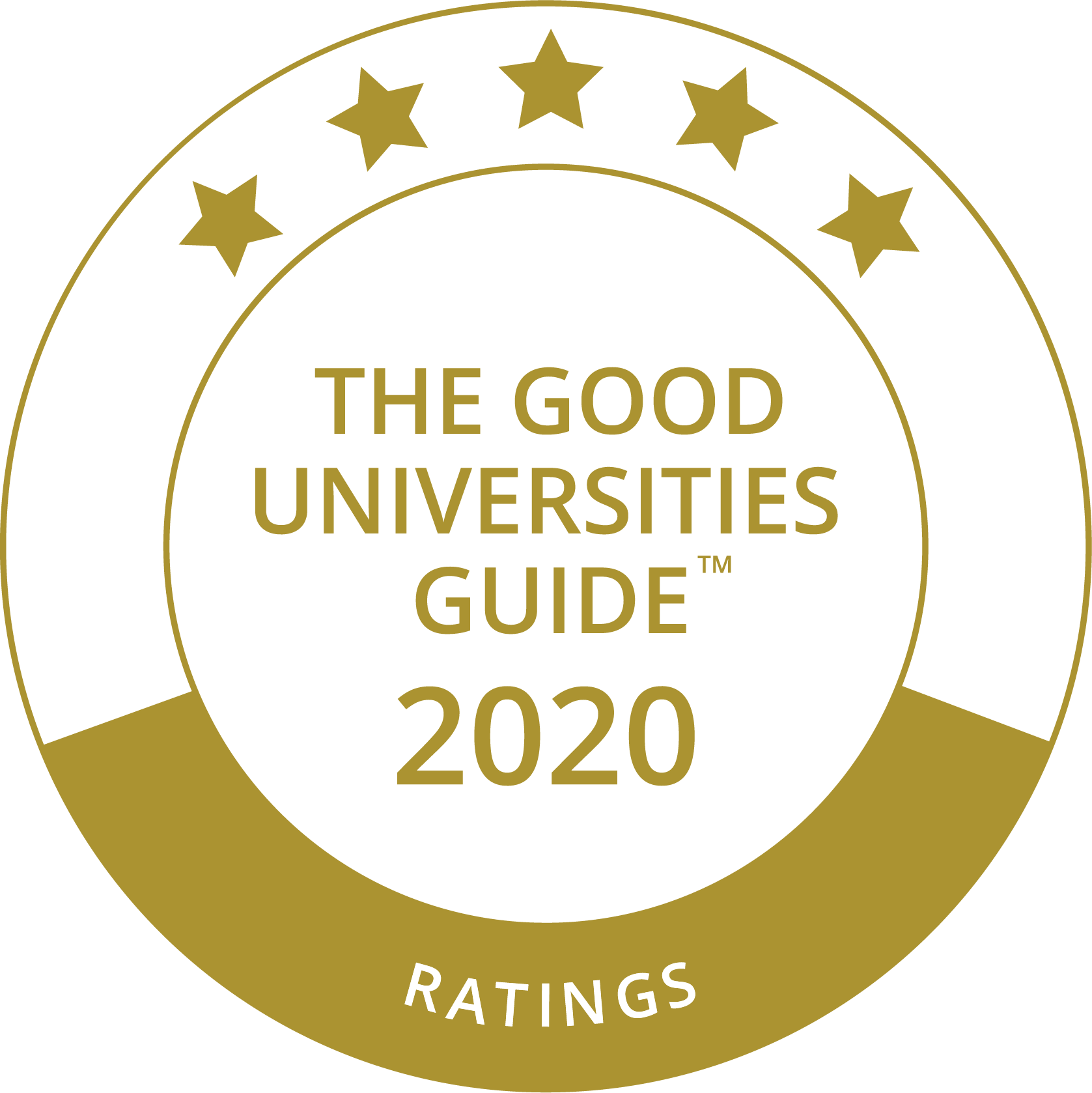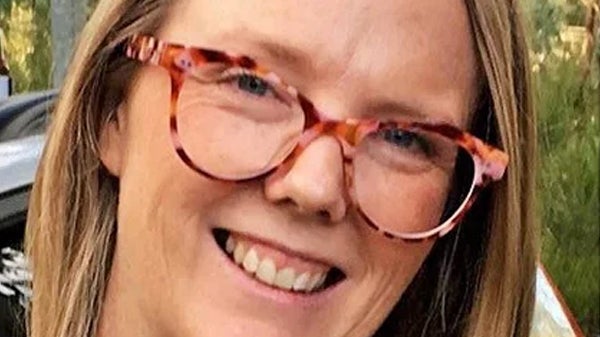Why study mental health with SCU Online?
Excellence in research
Outstanding ratings of 'at world standard' or above in 23 research fields1
Graduate employment success
89% of graduates are employed full-time post their degree2
Top 100 Young Universities
Ranked in the top 100 universities in the world that are 50 years old or younger3
1 Excellence in Research Australia (ERA) 2018
2 Good Universities Guide 2025
3 Times Higher Education Young University Rankings 2024
Develop the skills to provide effective mental health care
By completing Southern Cross University’s online Graduate Diploma of Mental Health course, you gain expert knowledge in mental health and psychiatry, while building the skills needed to confidently respond to patients experiencing mild, moderate and severe mental health challenges.
Developed with the latest industry standards in mind, this program prepares you to work within a range of health settings and disciplines. You will access current and clinically relevant, evidence-based knowledge and learn from leading and clinically active mental health academics from the internationally recognised School of Health and Human Sciences.
Quick facts
- Units
8 - Duration
16 months part-time - Fees
$2,875 per unit, FEE-HELP available - Intakes
Jan, Mar, May, July, Aug, Oct
The SCU Online benefits
Unique learning model
Find the ideal balance between work, life and study through our unique seven-week study units. Apply the knowledge & skills you learn immediately to real-world situations.
Learn from clinically experienced academics
Developed in collaboration with passionate, expert mental health providers, this course will prepare you to apply contemporary, evidence-based approaches in practice.
Be prepared for a dynamic industry
Focus on current trends and legislation, and the latest evidence-based approaches, equipping you to handle mental health challenges in an ever-changing landscape.
How does a Graduate Diploma of Mental Health work with SCU Online?
- With no exams, you’ll learn through quizzes, videos, interactive presentations and more.
- Connect with academics and students through online chat platforms and discussion boards.
- Access support throughout the course, including feedback from a learning coach and a dedicated student success advisor from enrolment through to graduation.
- Live classes are optional but encouraged for networking, while the course is self-paced.
- To make the most of your learning experience, we recommend dedicating around 20 hours per week to your studies.
A typical study period at SCU Online
Pathway to Masters
The units completed from the Graduate Diploma offer as a pathway into the Master of Mental Health.
Graduate Certificate
4 Units, or continue studying
Graduate Diploma
+ 4 Units, or continue studying
Masters Degree
+ 4 Units
Entry requirements
To qualify for entry into the Graduate Diploma, all applicants must:
-
Have successfully completed a minimum three (3) year Bachelor qualification, or equivalent, in health, psychology or social science-related discipline, and;
-
Be proficient in English.
If you are a registered nurse, you could also be eligible for the Graduate Diploma of Mental Health Nursing. Find out more about Rules Relating to Awards and Specific Award Rules.
Units of study
This unit will expose you to critical exploration and practical application of the core contexts of mental health within the Australian healthcare system.
This unit emphasises the life stage and bio-psycho-social contexts specifically related to providing effective engagement and interventions with children, adolescents and older persons.
This unit explores the experiences of people with complex mental health presentations, co-morbidity and risk behaviours.
This unit introduces you to an evidence-based approach to health practice.
In this unit, you will reflect on your own professional practice and learning, planning strategies to collect, select and reflect on evidence to include in a professional portfolio.
Develop a deeper knowledge of psychological approaches and models of understanding that influence a consumer taking constructive change that supports recovery.
Enhance understanding and capability of mental health to ensure patient physical health needs are being addressed within holistic mental health assessment, diagnosis and interventions.
This unit explores the varied roles of a mental health professional in the 21st century.
Get detailed information about each unit in our course guide.
Learning outcomes
Be introduced to core knowledge and skills that will help you to be a well-rounded mental health professional.
Learn from clinically active academics and gain a contemporary understanding of emerging trends in mental health care.
Develop skills through evidence-based theories and knowledge that can be applied immediately in practice or hospital setting.
What our students do
Our students work in a variety of mental health roles across Australia in both public and private healthcare. The study builds your capabilities to provide appropriate mental health care and will set you up to work in a range of community and healthcare settings. Below are some of the roles our mental health master's students work in.
- Social Worker
- Child Protection Officer
- Counsellor
- Occupational Therapist (Mental Health Clinician)
- Registered Social Worker
- Government Assessor
- Art Therapist
- Case Manager
- Mental Health Worker
Our Accreditations and Endorsements
Our online programs meet all of the AQF guidelines, ensuring quality education.
5-STAR Rating for Full-Time Employment, Overall Experience, Student Support, Learning Resources, Teaching Quality and Skills Development.
Southern Cross University is one of the world's Top 100 Young Universities.
Our postgraduate student support and satisfaction both above the national average.
Frequently asked questions
A diploma in mental health can be valuable for professionals seeking to build practical skills, gain formal recognition, or transition into specialised roles in healthcare, community services, or counselling.
In Australia, graduate-level mental health qualifications are recognised postgraduate credentials and are often used to access advanced roles or further study.
The Graduate Diploma of Mental Health at Southern Cross University provides knowledge in assessment, therapeutic practice, and leadership, helping graduates progress into clinical, community, or supervisory roles.
Mental health focuses on the assessment, treatment, and support of people with mental health conditions or psychosocial needs, often in clinical or community contexts.
Counselling is a therapeutic process that helps individuals explore emotions, relationships, and personal challenges, often through talk-based interventions.
The Graduate Diploma of Mental Health at Southern Cross University equips students with skills across both areas, bridging theoretical knowledge and practical application, and supports pathways into roles such as mental health practitioners, case managers, or counsellors.
A Level 4 diploma in mental health is a nationally recognised vocational qualification designed for those entering or progressing in the mental health sector.
It focuses on practical skills, foundational knowledge of mental health care, and supervised workplace experience. Graduates may work as support workers, assistants in clinical settings, or community-based roles.
The Graduate Diploma of Mental Health at Southern Cross University is a higher-level postgraduate program building on these foundations for advanced practice, clinical decision-making, and leadership in mental health services.
Yes, mental health is a growing and rewarding field in Australia, with roles available in hospitals, community services, government agencies, and private practice., with roles available in hospitals, community services, government agencies, and private practice.
Graduates of programs like the Graduate Diploma of Mental Health at Southern Cross University are prepared for diverse roles, including clinical support, case management, and leadership positions. The qualification can also serve as a pathway to further postgraduate study, such as a master’s degree.
In some cases, you can enrol in a graduate diploma mental health without holding a bachelor’s degree. Admission may consider relevant professional experience, prior vocational qualifications, or other recognised learning.
The Graduate Diploma of Mental Health at Southern Cross University is designed to accommodate professionals who already work in healthcare, community services, or related fields, allowing them to gain formal postgraduate credentials without completing a full master’s program.
Graduate diplomas in Australia typically include 6–12 subjects, depending on the field of study and institution. They are designed to provide a focused, postgraduate-level curriculum that balances theory and practical application.
For example, the Graduate Diploma of Mental Health at Southern Cross University consists of 8 subjects, covering areas such as assessment, therapeutic interventions, clinical decision-making, and professional practice. This structure helps students develop both theoretical knowledge and practical skills for roles in clinical, community, or leadership contexts.
Most graduate diplomas in Australia can be completed in 6 months to 2 years, depending on whether you study full-time or part-time. They are structured to allow professionals to balance study with work while gaining recognised postgraduate credentials.
The Graduate Diploma of Mental Health at Southern Cross University is usually completed in 1 year full-time or 2 years part-time, depending on study load. This flexible approach supports working professionals who want to progress toward advanced qualifications, such as a diploma of mental health, or pathways into a master mental health program.












